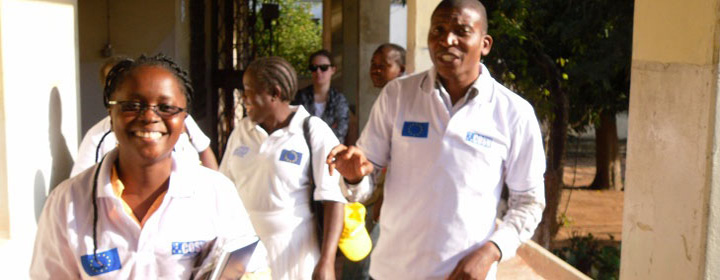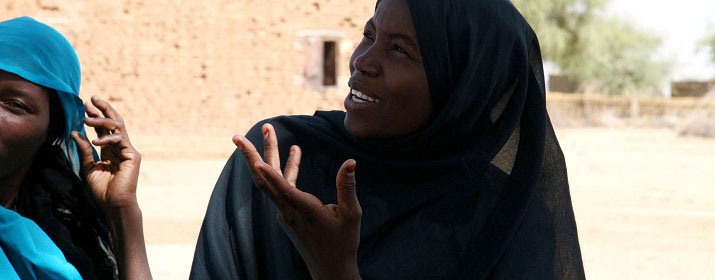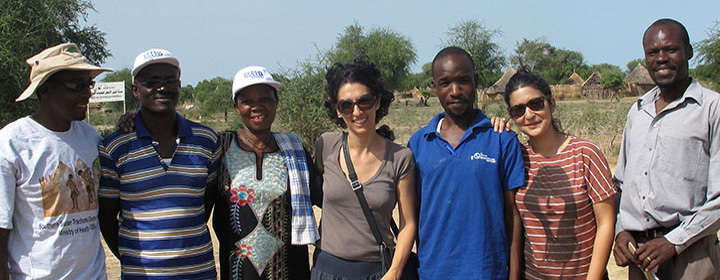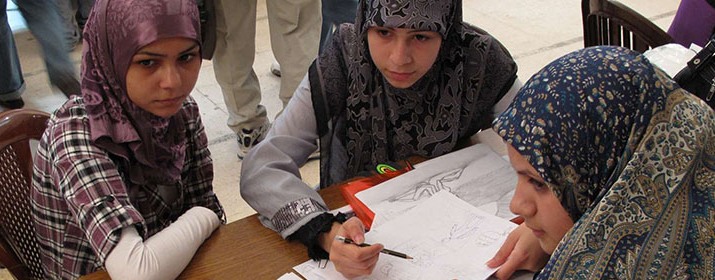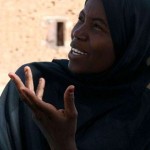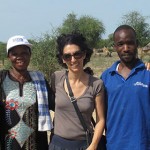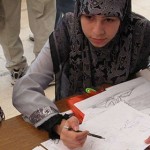The Lebanese ecosystem of social enterprises is rapidly growing and evolving and it is now facing a key policymaking phase involving different actors including social entrepreneurs, incubators, international and local public and financial institutions, academic institutions and NGOs. The process might lead to the adoption of a new draft law on social enterprises and would represent a key milestone for Lebanese social enterprises (SEs), currently spreading and working in Lebanon with passion and success but without any legal recognition of their incorporation and/or qualification as social enterprises, nor any sort of incentive or facilitation due their activities and social impact. Among other policymaking initiatives there is one, driven by a Lebanese consulting firm Beyond Reform & Development (“BRD”), in collaboration with an Italian NGO COSV (“COSV”), which deserves to be mentioned for its innovative, bottom-up approach.
A social enterprise platform
COSV is a non-profit voluntary organisation involved in international cooperation since 1968, with projects in Africa, Latin America, Asia and Europe and committed in Lebanon, since 2006, on the issues of environment, intercultural dialogue, inclusive business and human rights. BRD is a mission-driven consulting firm, specialising in policy research, public management and learning design and currently working on a roadmap for identifying Lebanese SEs’ needs and building-up concrete solutions for their recognition and development to be transferred in a new draft law specifically addressing the SE sector. As a result of numerous conversations, a Lebanese SEs Platform has been created about a year ago to start putting together a “critical mass” of different actors working in SE, to collect needs of social enterprises working in Lebanon and translate these needs into policies and solutions. The SE Platform, with BRD as facilitators, aims to enable the growth of the SE sector in Lebanon, increase citizens engagement in sustainable development, generate innovative opportunities for job creation and economic development, spread transparency and good governance practices within private and public organizations in Lebanon and consolidate alignment around SEs’ requirements and impact.
Exploring the Lebanese SE ecosystem
As Italian and European legal practitioners, we got involved through COSV in this policy making process to feed into the discussion of the Platform with inputs from different legal frameworks and ongoing international debates about how to reform and generate opportunities for SEs. Our experience with COSV, BRD and different actors of the Platform was inspiring. The Lebanese SE ecosystem shows a high level of readiness and competence and has adopted a gradual, bottom-up methodology to facilitate the discussion, while being pragmatic and innovative: it started with an in depth review of existing literature about different legal frameworks regulating SEs around the world and regular meetings of the SE Platform to bring different actors together and share their views and experiences. The discussion among the participants went through a detailed examination of existing Lebanese legal models and a benchmarking exercise with different international models, to understand the potential adaptability of other existing models into the Lebanese context. This consultative phase involved local legal experts and different actors of the Lebanese SEs’ ecosystem, including social entrepreneurs, incubators and hubs such as MakeSense, Berytech, Souk LB and Alt City, representatives of financial institutions including Kafalat S.A.L., The Economic and Social Fund for Development (ESFD) and Al Fanar – Venture Philanthropy, the academic sector, including the American University of Beirut, national and international governmental bodies and institutions such as the Lebanese Ministry of Social Affairs and the Italian Development Cooperation Office in Lebanon. Our involvement as international legal experts came in the conclusive part of this preliminary consultation phase to illustrate the Italian Reform of the Third Sector and the new Italian law on social enterprises, but also to provide the Platform with an overview of the ongoing debate at a European and International level about SEs, in order to identify useful tools which could be adapted and implemented in Lebanon. Despite a well-known trend of European legal frameworks being taken top-down and transformed into non-European laws without any harmonization and real adaptation to the local context, the ongoing Lebanese discussion aims at taking inspiration from the international debate in order to develop an independent matrix of principles, rules and requirements for regulating SEs in Lebanon, which reflects the local context, while applying the most innovative concepts spreading worldwide.
Laying the groundwork
The outcomes of the first intense technical session we had with representatives of the Platform and Lebanese legal experts along with BRD and COSV, perfectly reflected such approach. In-depth evaluations were made about the possibility for existing Lebanese legal entities, namely NGOs, Cooperatives, Civil Companies and Commercial Entities (SAL, SARL) to be qualified as SEs in case of compliance with certain set of requirements. Various policy options were evaluated and broad consensus was gathered around core elements, which should characterize social impact, governance and financial model of Lebanese SEs as well as key principles of intentionality, measurability, sustainability and adaptability. Some of them, like social impact measurement and employment of disadvantaged people are widely known and implemented. Others, such as the identification of cross-cutting priority sectors and regions, definitely reflect the Lebanese peculiar scenario. Concerning governance, the Lebanese context seems quite ready to welcome certain democratic and transparency criteria, particularly in decision making processes and publication of financial and social reports, while others like the reduction of the gap between the lowest and the highest salary would still be hard to implement due to a complex set of national labor law rules. These are just a few examples of how the discussion we were involved in was concrete and ground-based and how crucial the role played by BRD and COSV was. The first consultation phase among members of the Lebanese SEs Platform, local and international experts have produced a very preliminary scheme of principles, requirements, policy options and incentives, which could be theoretically set in an ad hoc law introducing social enterprises in Lebanon. Once this first scheme is finalized, the idea of the facilitators is to come back to the Platform and assess the actual correspondence of those principles to the actual needs of SEs on the field. That is why a pilot implementation phase with a selected group of Lebanese SEs was mentioned as a possible way to fine-tune the preliminary scheme and to identify the final set of rules, which ideally could be then brought to the attention of competent Lebanese governing institutions and ministries as a draft law proposal.
Looking ahead
It is a long, challenging path, but having directly witnessed and participated in the progressive evolution of the legal framework ruling the ecosystem of social enterprises in Italy and Europe, it seems the Lebanese context could rapidly jump in the international debate as a driving actor. The SEs Platform is young, but competent and highly committed and does not have to carry the burden of decades of debates around the role and the definition of social business, which for example in Italy, made the process of the recently adopted Reform of the Third Sector so long lasting and costly and sometimes ineffective. Both at national and regional level, discussions about which definitions, requirements, scopes, incentives and impact measurement standards should characterise social enterprises, move from a comparative evaluation of past and present successes and failures of different legal frameworks and approaches to social business: social enterprises as new autonomous legal entities or existing legal entities qualified as social enterprises due to their sectors of activity, strict ban on profit distribution or capped remuneration of capital and profit distribution. These and other combinations of factors are at the centre of a challenging discussion about how to better identify legal entities characterised by an entrepreneurial approach and common benefit goals. Lebanon has a great chance to leapfrog ahead by taking advantage of lessons learnt and avoiding the pitfalls and mistakes of other countries in Europe and internationally who have taken a top-down approach.

